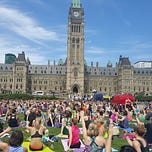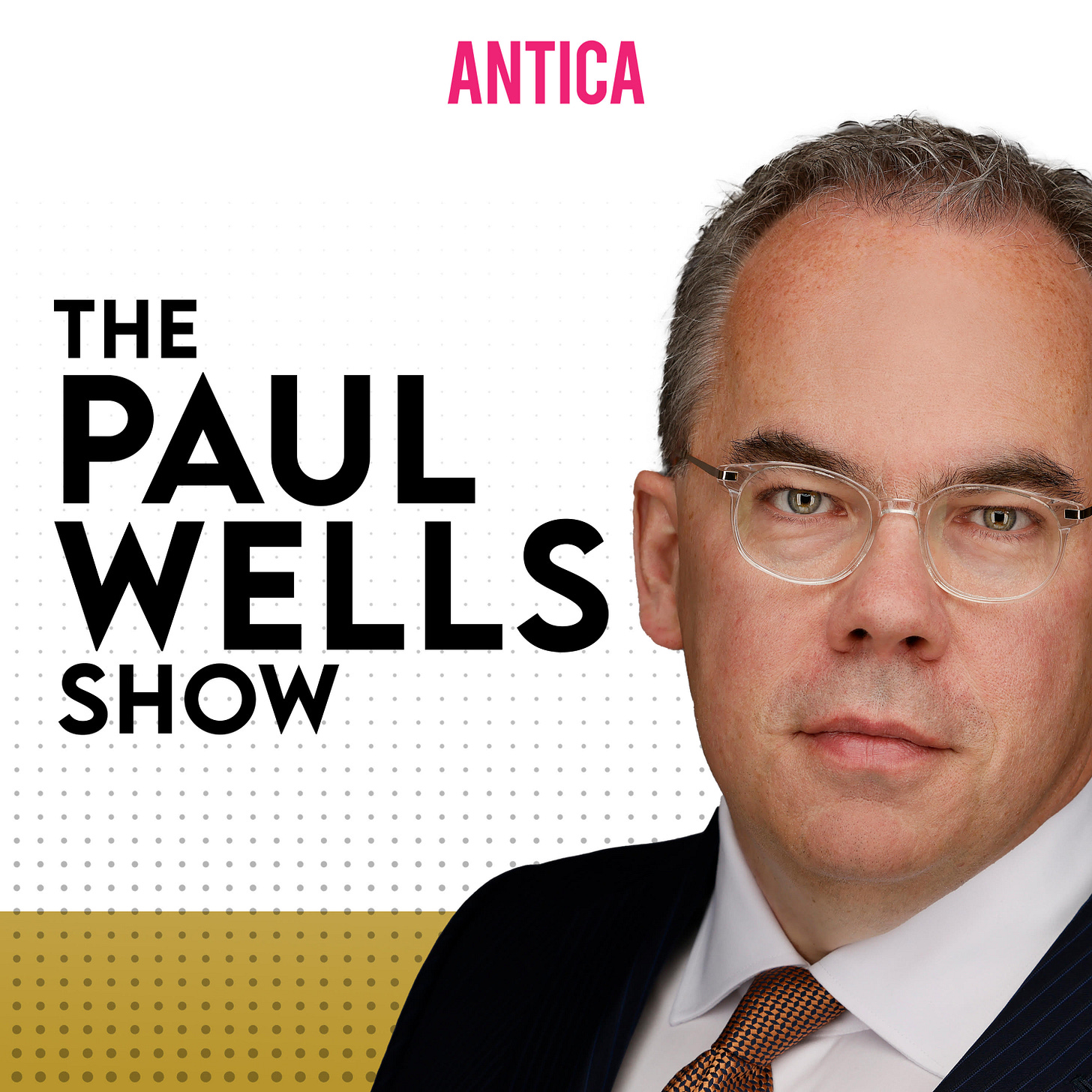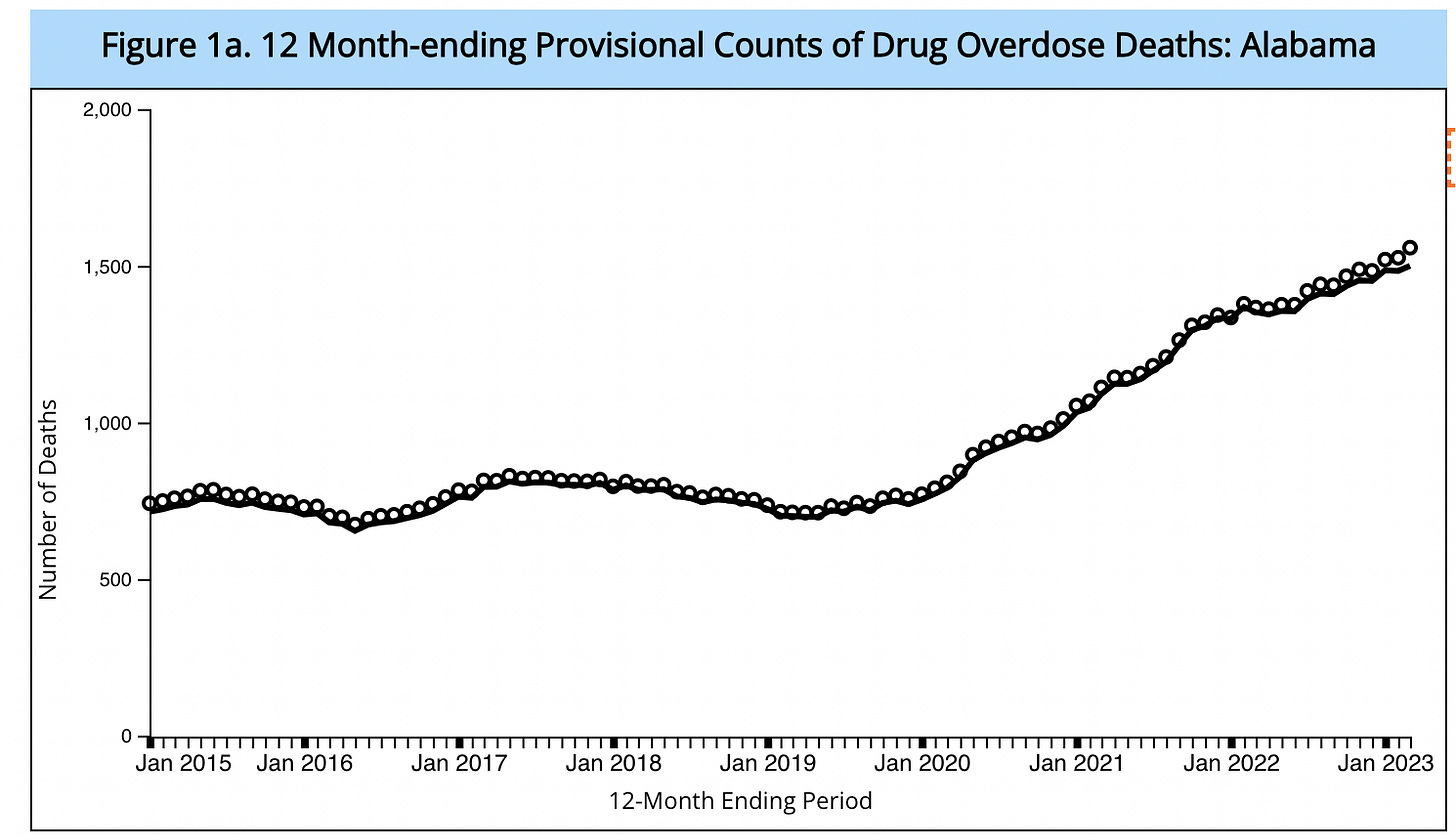We’re back with another season of The Paul Wells Show podcast. This season, we’ve simplified things a bit. The podcast actually lives here on my newsletter. It’ll be posted here each week, available to all paid subscribers. (It’ll also be available out in podcast-land, on all the traditional podcast apps, in a shorter preview version.)
You can play the episode immediately by clicking on the Play button, or download the sound file for later. And another new feature: Every episode will have a transcript, which you can find via the “Transcript” tab at the top of this post. It’s machine generated, a little rough and ready, but a lot of readers have been asking for transcripts, so there you go.
As always, my goal is to bring you in-depth conversations with newsmakers, leaders, scholars and creators who are tackling the big challenges of modern life. My first guest this season is Kennedy Stewart, the former federal NDP MP who was the mayor of Vancouver from 2018 to 2022.
His decision to get into federal politics was a surprise for Stewart, who’s a political scientist and a rock bassist. Leaving to get elected mayor of Vancouver was a bigger surprise. The fact that it actually worked was an even bigger surprise. Losing the next election was less surprising, though he has complex feelings about it.
He’s written a new book about all of this, but especially about how he worked with the federal government — and, eventually, with a provincial NDP government he saw as far less cooperative — to decriminalize simple possession of street drugs in British Columbia.
It’s called Decrim: How We Decriminalized Drugs in British Columbia, and you can find out more about the book here.
Obviously what Stewart did puts Vancouver at the centre of a large controversy, one Pierre Poilievre clearly wants to debate in the next federal election campaign.
In my opening remarks on the podcast, I mention Poilievre’s habit of contrasting what he sees as lousy management of the opioid crisis in BC with what he sees as excellent management in solid rock-ribbed common-sense Alberta.
I’ve had a lot to say about all this, most recently in this post. Today I just want to illustrate some of my comments on the pod. Last December, Poilievre was writing that opioid deaths in Alberta were down about 45% from their peak. Here’s what’s happened since then. (This is from Alberta’s excellent statistical website for opioid-related information.)
After Poilievre celebrated a 45% decline in opioid deaths up to July, they then climbed 83% to a level in April that was the highest in the history of the crisis in Alberta. I make this point with no sense of triumphalism. These are people’s lives. I don’t doubt that authorities in Alberta are doing their best, by their lights, in difficult circumstances. But by the same token, I would guard against cheap and glib comparisons between provinces, given this real information.
More generally, the highest rate of opioid fatalities in Alberta before 2019 was in December 2017 — but fatality rates have been higher than that in every month since May 2020. I point this out because in 2019 the UCP became Alberta’s governing party. Obviously there’s a really big confounding variable: COVID happened too. Suddenly people were much likelier to be alone when they used drugs, with catastrophic results. So I don’t even think the party stripe of the provincial government is a useful variable. But I sure don’t think the data support cheap cheerleading for the UCP’s results.
Some colleagues in other publications are running series of columns against the harm-reduction model favoured in Vancouver. I’m thinking of Brian Lilley in the Sun papers. Brian’s got a point: harm reduction is obviously not succeeding in holding epidemic curves flat. I put some questions along these lines to Kennedy Stewart; you can judge for yourself how he handles them.
But if injection sites and opioid replacement and safe supply were the cause of upward-spiralling prevalence curves, then we’d see a different story from the United States, where most of what gets tried in Vancouver is still taboo. Instead the curves in US states look a hell of a lot like the curves in BC. Here are three, from this US website.
So unless you’ve got some sort of explanation for that the woke NDP governments in [checks notes] Texas, Mississippi and Alabama are doing wrong, a little analytical humility would be well advised.
My own hunch is that the epidemic of death from poisoned drugs is a hard problem to fix. The testimony of practitioners who’ve done their best is probably useful. That’s why I’m glad for this long conversation with Kennedy Stewart, who devoted more of his short time in municipal office to this unfolding tragedy than he expected to, and who came away with many thoughts.
At the end of the episode, paid subscribers listening here will here a few minutes’ worth of conversation that isn’t available on the free version. And one more bonus: After the talk, you’ll get a chance to hear a new version of the podcast’s theme music. I asked Andy Milne, the Juno-winning jazz pianist, to listen to Kevin Breit’s theme and come up with his own version. He did, and it’s gorgeous, and I’m going to keep both versions around. If you just can’t wait til the end of the pod, here’s Andy’s version right here. I’m grateful for creative people.
As always, I’m also grateful to the Munk School of Global Affairs and Public Policy at the University of Toronto, where I’m the journalist fellow in residence, for making The Paul Wells Show possible, and to Antica Productions for making it sound great. When we do live events in Ottawa, which will start happening in October with a series of excellent guests, the National Arts Centre is the excellent venue.
Thanks for listening. Please let your friends know the podcast is back.




















Share this post